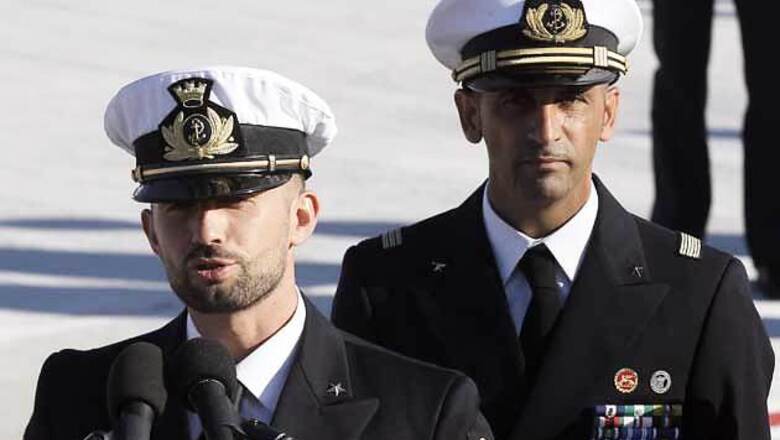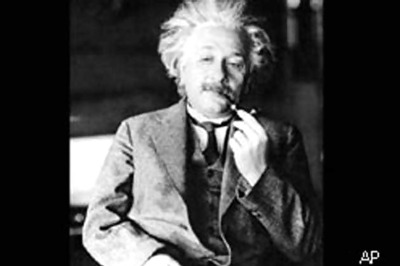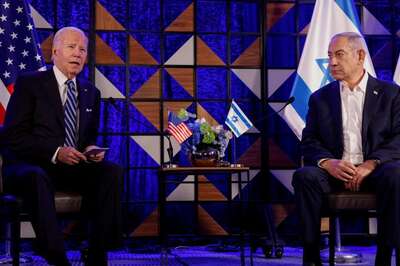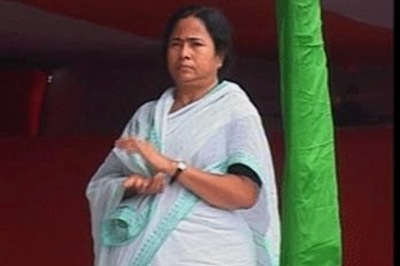
views
New Delhi: India has stopped its new ambassador to Italy from taking charge over the marines issue. Sources in the Ministry of External Affairs say this will come as a clear signal of India's tough intentions.
Sources say that at a time when India is mulling action against Italian ambassador to India Daniele Mancini, stopping the Indian ambassador will help prevent any retaliatory action by Italy on the Indian envoy.
This comes a day after the Supreme Court sent a notice to Italian ambassador Daniele Mancini restraining him from leaving the country. The Supreme Court's notice to Mancini came after Janata Party President Subramanian Swamy filed a plea seeking action against the Italian ambassador for contempt of court as Mancini had assured the apex court that the two marines would return to India after casting their votes. The court asked Attorney General Goolam E Vahanvati to reply on Swamy's plea, following which the notice was issued to Mancini.
The court has sought an explanation from the ambassador on Italian government's decision of going back on its assurance to send back the marines to face trial in India. However, it is not essential for Mancini to appear before court personally.
The next date of hearing in the case against the Italian ambassador is March 19. But what may be pointed out is that the Supreme Court's deadline to the Italian marines to return is March 22 and any action against the ambassador can be taken only after they fail to return by that date.
But the question is whether the Indian government can really restrain the Italian ambassador from leaving the country without breaching the Vienna Convention on diplomatic relations. Experts believe that enforcing the Supreme Court order will be tricky because the ambassador enjoys inviolable immunity against detention or arrest.
Under the terms of the Vienna Convention, the Supreme Court order cannot be enforced by the government, without breaching the Vienna convention. Vienna Convention on Diplomatic Relations, 1961, Article 29:
The person of a diplomatic agent shall be inviolable. He shall not be liable to any form of arrest or detention. The receiving State shall treat him with due respect and shall take all appropriate steps to prevent any attack on his person, freedom or dignity.




















Comments
0 comment